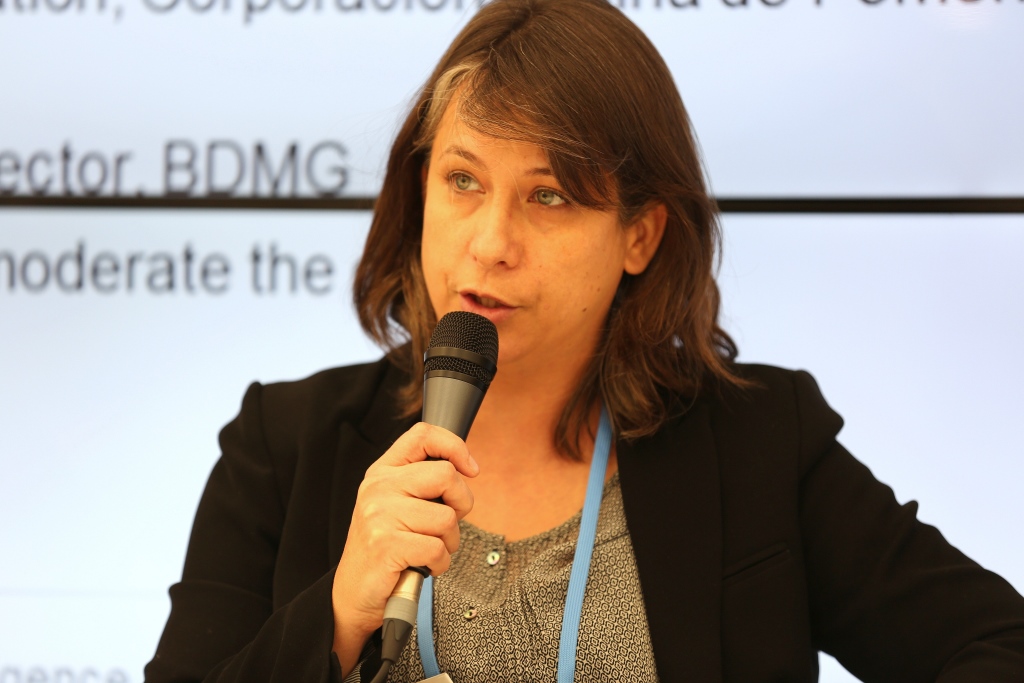Serious gaming to create a real impact on the energy transition
The global energy transition is not just about technology: It involves a complex interplay of elements, including communities, policies, and finance, all working in concert to build a sustainable energy system. Although the essential elements for energy transition are available, the involvement of a large number of stakeholders with overlapping (and at times, competing) interests can lead to misunderstandings and setbacks in making real progress. What approaches can bring together various stakeholders and help clear up these misunderstandings during the planning stage itself?
What is a serious game?
A ‘serious game’, as the name suggests, is a game whose purpose is something other than sole entertainment. It utilizes principles of simulation, play, and interactivity to generate learning outcomes, making it a powerful learning tool that fosters collaboration, critical thinking, and real-world problem-solving. Serious games have been used across various sectors, including healthcare, military, and policymaking.
The level of complexity of a game can be modified, and accordingly, it can be used for different purposes. Highly detailed simulations might serve a more technical function, leading to improved operations and procedures. Less detailed or more abstract games can help generate awareness about specific problems in an interactive and creative way.
Role-playing for better energy planning
When applied to the energy sector, serious games can allow relevant stakeholders – such as policymakers, energy developers, investors, activists, and local communities – to engage in structured role-playing exercises. Participants are typically assigned roles that differ from their real-world positions. For example, a government official might play the role of an energy developer, while an activist might take on the role of a policymaker. This forces players to step into someone else’s shoes, fostering mutual understanding of different perspectives, trade-offs, and constraints related to the various aspects of the energy transition. This can be particularly helpful for local energy planning and development, where stakeholders are closer to ground realities, with the ultimate goal of leading to better decision-making.

As for many other processes, the energy transition is not a linear, one-size-fits-all process. Every decision affects multiple stakeholders, from government bodies and energy providers to local businesses and communities, and these interactions can differ from one context to another. Through role-playing, participants can develop a holistic understanding of the complexities involved, for example, how a planned renewable energy project might impact the local communities in the area. Or how the demands of local communities can create concerns for utilities.

Players can also trial different approaches and simulate the kind of feedback they might receive from various stakeholder groups. Depending on the goal of the game (collaboration or competition), players can identify mutual synergies or uncover interesting interactions that they may not have been aware of. At its most basic, a serious game can stimulate interest in questions related to energy and create awareness of the various technologies and challenges involved in implementation. But it generally also creates a safe space for dialogue and experimentation, helping stakeholders interact and develop solutions in a creative and fun manner, overcoming siloed thinking and promoting the development of alternatives to outdated approaches.
Bridging the gap between strategy and action in Southeast Asia
The Sustainable Energy Transition Strategy (SETS) serious game has been helping to bridge the gap between energy transition strategies and their implementation at the local level for years. It has been used for local energy strategy planning, as well as to generate awareness about topics such as energy efficiency. By leveraging the principles of ‘serious gaming,’ SETS simulates real-world energy transition scenarios in urban and rural settings, allowing participants to experiment with strategies and implementations in practical and realizable settings. Participants in SETS are assigned roles distinct from their real-life positions, representing actors such as policymakers, energy developers, or civil society, enabling them to debate, deliberate, and negotiate from diverse perspectives. This leads to encouraging mutual understanding and openness, which are often difficult to achieve in conventional meetings.
SETS was already used in West Nusa Tenggara (WNT), Indonesia, as well as Kisumu County, Kenya, and Avellaneda, Argentina, as part of the development of their 100% Renewables Roadmaps under the 100% Renewables Cities and Regions Roadmap project. This role-play mechanism facilitated discussions on practical solutions for their communities’ potential transition to 100% renewables, such as mobilizing rural communities to take advantage of biogas or strategically deploying village funds to support new energy projects. By giving space for diverse perspectives and creative problem-solving, SETS enables stakeholders to jointly design possible pathways that address local opportunities.

SETS was also deployed virtually for local government officials in the energy sector from Yogyakarta, Indonesia; Hang Tuah Jaya and Melaka State, Malaysia; and Chiang Mai, Thailand. The game was adapted to focus more on awareness-raising about various sustainable energy technologies and enablers, and the challenges when deploying them. These sessions were delivered in the local languages of the participants, enabling deeper engagement and allowing participants to better understand the complexities of energy transition within their specific contexts. The virtual session wrapped up with sharing their insights with those of the other participants from different countries. This provided the opportunities for participants to not only reflect on the complexities of the energy transition as they relate to their own regions but also to gain valuable perspectives through broader insight exchanges.
If you work in the energy sector, whether in policy, investment, advocacy, or infrastructure development, you may consider integrating serious games into your engagement and decision-making processes. The insights gained could be the key to unlocking more sustainable and effective energy transition strategies. For more information, contact us at [email protected].
This blog has been written by Nam Jung Choi with contributions from Kanak Gokarn and edits by Matteo Bizzotto, ICLEI World Secretariat.



